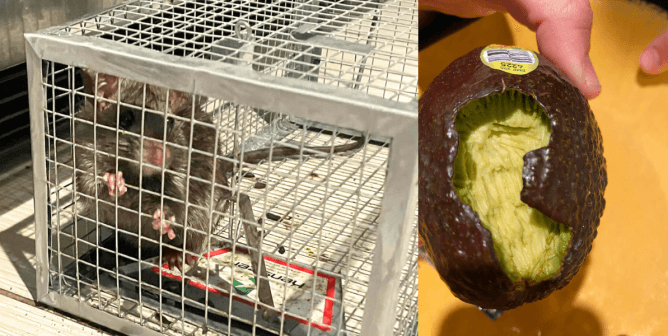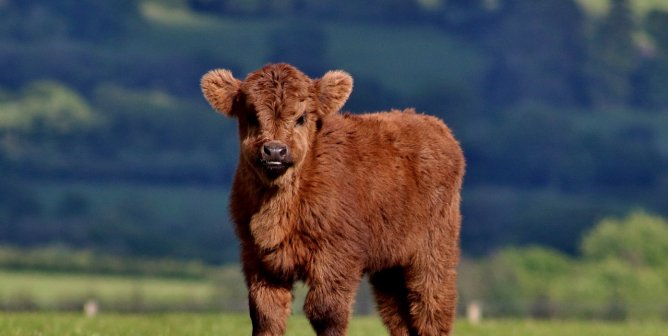Although they are equipped with fur coats, dogs and other animals can still suffer from frostbite, exposure, and dehydration when water sources freeze. Cold temperatures mean extra hardship for “backyard” dogs, who often go without adequate food, water, shelter, or medical care. When the temperatures nosedive and you start piling on the layers, it’s also important to remember your wild neighbors.
- Take animals inside. Puppies and kittens, elderly animals, small animals, and dogs with short hair, including pointers, beagles, pit bulls, Rottweilers, and Dobermans, are particularly susceptible to the elements. Short-haired animals will also benefit from warm sweaters or coats.
- Don’t allow your cat or dog to roam freely outdoors. In cold weather, cats sometimes climb under the hoods of cars to be near warm engines and are badly injured or killed when the car is started. (To help prevent this, bang loudly on the hood of your car before starting the engine.) Animals can also become disoriented when there is snow or ice on the ground.
- Increase animals’ food rations in cold weather. In cold weather, animals burn more calories to keep warm. Also, be sure that animals are free of internal parasites, which can rob them of vital nutrients.
- Keep an eye out for strays. Take unidentified animals inside until you can find their guardians, or take them to an animal shelter. If strays are wild or unapproachable, provide food, water, and shelter (stray cats will appreciate a small doghouse filled with warm bedding), and call your local humane society for assistance in trapping them and getting them indoors.
- Clean off your dogs’ or cats’ legs, feet, and stomachs after they come in from the snow. Salt and other chemicals can make animals sick if they are ingested while the animals are cleaning themselves.
- When you see dogs left outdoors, provide them with proper shelter. Doghouses should be made of wood (metal is a poor insulator) and positioned in a sunny location during cold weather. Raise the house several inches off the ground, and put a flap over the door to keep out cold drafts. Use straw for bedding (rugs and blankets can get wet and freeze).
- Provide a source of water for wildlife, who may have a difficult time finding drinking water during winter months. Break the ice at least twice a day.
- Buy nontoxic antifreeze made with propylene glycol instead of ethylene glycol, which can kill animals even in small doses. Safe brands include Sierra and Prestone Lowtox. Animals are attracted to antifreeze for its sweetness, so clean up spills quickly, and buy brands with the bittering agent denatonium benzoate.
- Give wildlife a boost. While it’s best to provide natural sources of food and shelter for birds by planting flowers and trees that produce seeds and berries, birds may need an extra boost during the winter, when they are burning extra calories to keep warm. Use a blend of seeds that includes oiled sunflower seeds, which are high in calories. Remember to stop the feeding when the weather warms up. An artificial food source causes wild animals to congregate in unnaturally large numbers in areas where they may be welcomed by some, but not others, and it can also make them easy targets for predators. Eventually, they may lose their ability to forage for food on their own entirely.
- If you venture out to feed the ducks at a nearby pond or the gulls at the beach, do not feed them bread or corn. These foods don’t have enough nutritional value for wintertime eating. The best thing to feed ducks and gulls during the winter is dry dog or cat food. The birds love it, and the fat in it will help them stay warm as well as replenishing the water-repellent oil in their feathers.






